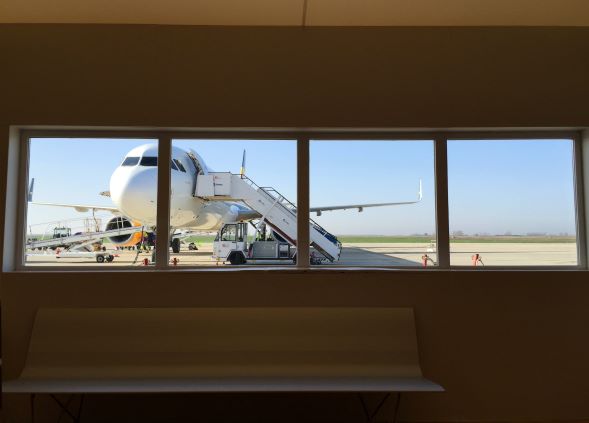
The uneven distribution of vaccines across the globe indicates that recovery paths can look different across regions. Countries still reliant on lockdowns to curb the spread of the novel coronavirus have immediate control. But risks associated with occasional community spread are higher when distancing measures are removed, and these cities are also vulnerable to imported cases.
In the context of economic reopening, vaccination is believed to be sustainable and effective driver as it solves the root problem, said Ivan Su, Morningstar equity analyst.
Morningstar forecasts 72% of US adults will be fully vaccinated by the end of June, which is slightly ahead of President Joe Biden's goal. While the likelihood of smaller outbreaks exists in the parts of the country with lower vaccination rates, our analysts believe a combination of vaccinations and prior infections will result in herd immunity in the US by the end of June. Europe is considering reopening its border to fully vaccinated travelers.
This leads some investors to intuitively look at airline operators, but Su disagrees.
Say No to Airlines
Air carriers have a long track record of having a hard time dealing with major global events like natural disasters, disease and terrorism. These events have an effect on airlines almost instantly, and can take away people's desire to fly.
In addition, Su adds, as a business, airlines are vulnerable to many factors. One top concern is surging fuel prices, and another problem is competition. Su points out that all airlines are actively pushing ticket sales in an attempt to reverse a year of dented business, leading to the possibility of a price war. He warns that both factors wouldn’t end up well from a profitability angle.
Even after travel resumes, Su believes business travel, a major revenue source, would be depressed for some time to come. Video-conferencing softwares like Zoom (ZM) have been a cheap substitute for air travel and accommodation, which have been relegated to the ‘not essential category. As a result, companies are likely to be reluctant to revert to pre-COVID spending levels, especially on premium airlines.
Su anticipates less than 20% of international passenger traffic for the first half of 2021.
Morningstar maintains fair value estimates for Cathay Pacific Airways (00293) and the three key mainland Chinese airlines, Air China (601111), China Eastern (600115), China Southern (600029). We view the share prices with only little upside potential as positives have already been reflected after the 20% to 40% share price rally on the coronavirus vaccine news around late 2020.
Our analysts believe China Southern Airlines' earnings will remain resilient, given its larger exposure to the Chinese domestic market. In China, the Labor Day in May, one of the long breaks for Chinese tourists, saw strong domestic travel demand. The tourist count was up 3% from the same period in 2019, while tourism spending recovered to 77% of 2019 levels.
By the same token, with the closed border, Cathay Pacific, running only international routes primarily from and to Hong Kong airport, still find it difficult to recoup a positive cash flow. “This is because the carrier is privately-owned. Unlike its state-backed peers on the mainland, it will need to sort out the capital source on its own, adding extra pressure to its balance sheet.” Su suggests that the recovery in international travels may help turn around Cathay Pacific’s profit. That said, bringing passenger volume back to 2019 levels won’t be possible until 2024 at the earliest.
How Else to Play Travel Recovery?
Within Morningstar coverage, Samsonite International (01910) as a recovery play stands out with two elements: pricing power and value proposition.
Su says: “Samsonite brands have a stable margin derived from the pricing power of its quality baggage products. This strength would allow it to drive sales as travel resumes.” Secondly, many smaller companies and brands are struggling to get by. Under the fragmented luggage industry, Samsonite's scale positions it well for the near and long term. Any industry consolidation will most likely be beneficial to the firm.
In terms of operation, Samsonite also made good use of the time off during the pandemic to have to streamline its cost structure. The firm identified US$ 200 million in annualized permanent cost savings (representing roughly 10% of its pre-pandemic selling, general and administrative expense).
For the rest of 2021, it is expected that a smaller number of U.S. travelers can return to flying. Destinations will be where vaccination rates are at par with the US, as some European countries.
Given its considerable exposure to the US (35% of revenue) and Europe (20% of revenue) markets, Samsonite makes a case of upside potential driven by the recovery. Su suggests that the Hong Kong-listed company somewhat lags behind its peers listed on the US bourses due to a different investor mix. He trusts that the share price now presents a great upside potential that will take time to unfold. On June 1, the luggage maker closed at HKD 14.7, which means its share price is more than 30% undervalued to its fair value estimate (HKD 22.1).
©2021 Morningstar. All rights reserved. The information, data, analyses and opinions presented herein do not constitute investment advice; are provided as of the date written, solely for informational purposes; and subject to change at any time without notice. This content is not an offer to buy or sell any particular security and is not warranted to be correct, complete or accurate. Past performance is not a guarantee of future results. The Morningstar name and logo are registered marks of Morningstar, Inc. This article includes proprietary materials of Morningstar; reproduction, transcription or other use, by any means, in whole or in part, without prior, written consent of Morningstar is prohibited. This article is intended for general circulation, and does not take into account the specific investment objectives, financial situation or particular needs of any particular person. Investors should consult a financial adviser regarding the suitability of any investment product, taking into account their specific investment objectives, financial situation or particular needs, before making any investment decisions. Morningstar Investment Management Asia Limited is licensed and regulated by the Hong Kong Securities and Futures Commission to provide investment research and investment advisory services to professional investors only. Morningstar Investment Adviser Singapore Pte. Limited is licensed by the Monetary Authority of Singapore to provide financial advisory services in Singapore. Either Morningstar Investment Management Asia Limited or Morningstar Investment Adviser Singapore Pte. Limited will be the entity responsible for the creation and distribution of the research services described in this article.






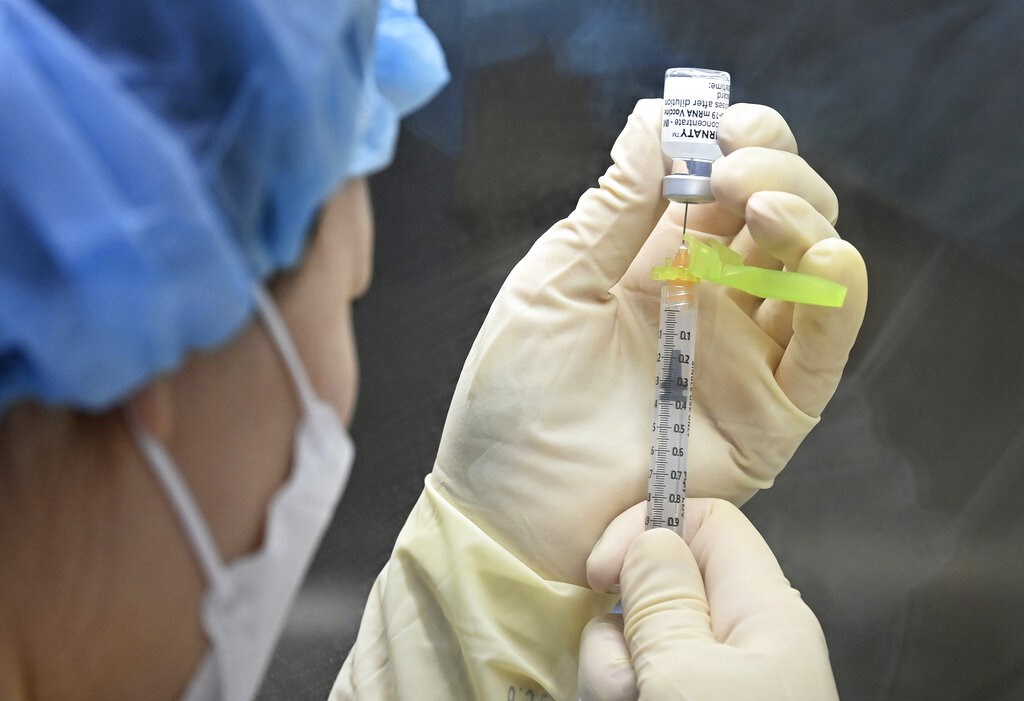
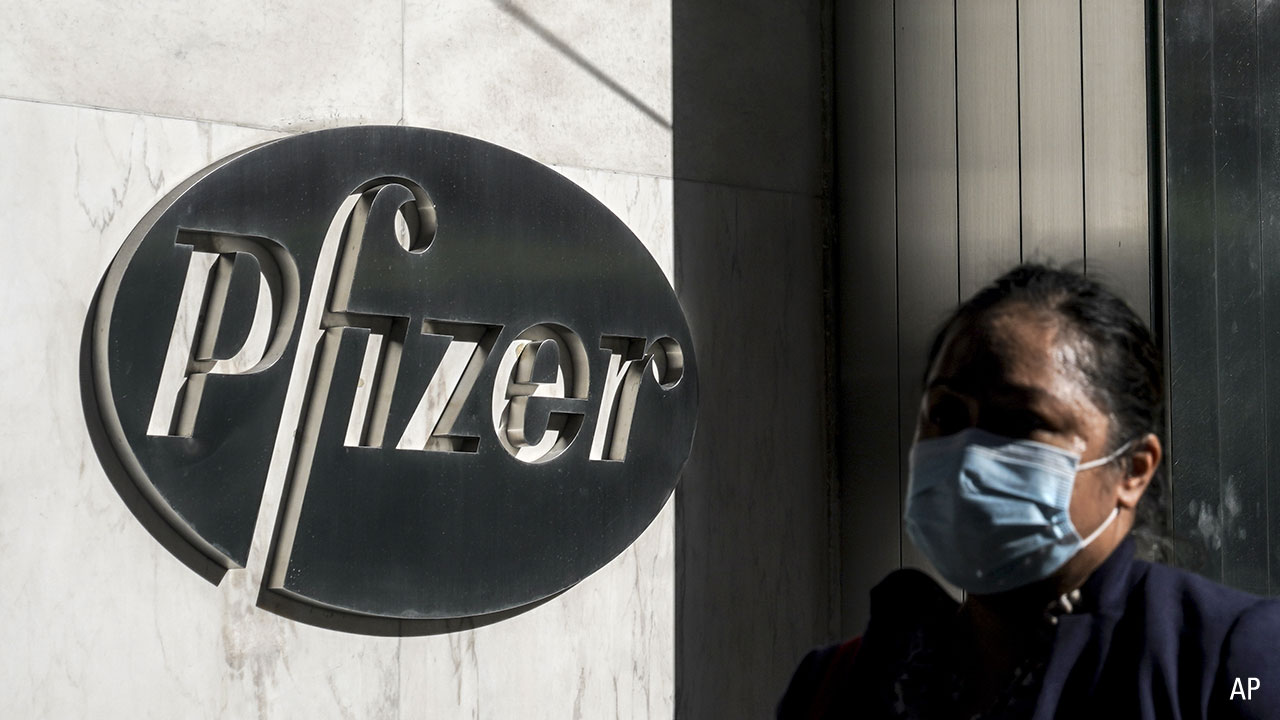

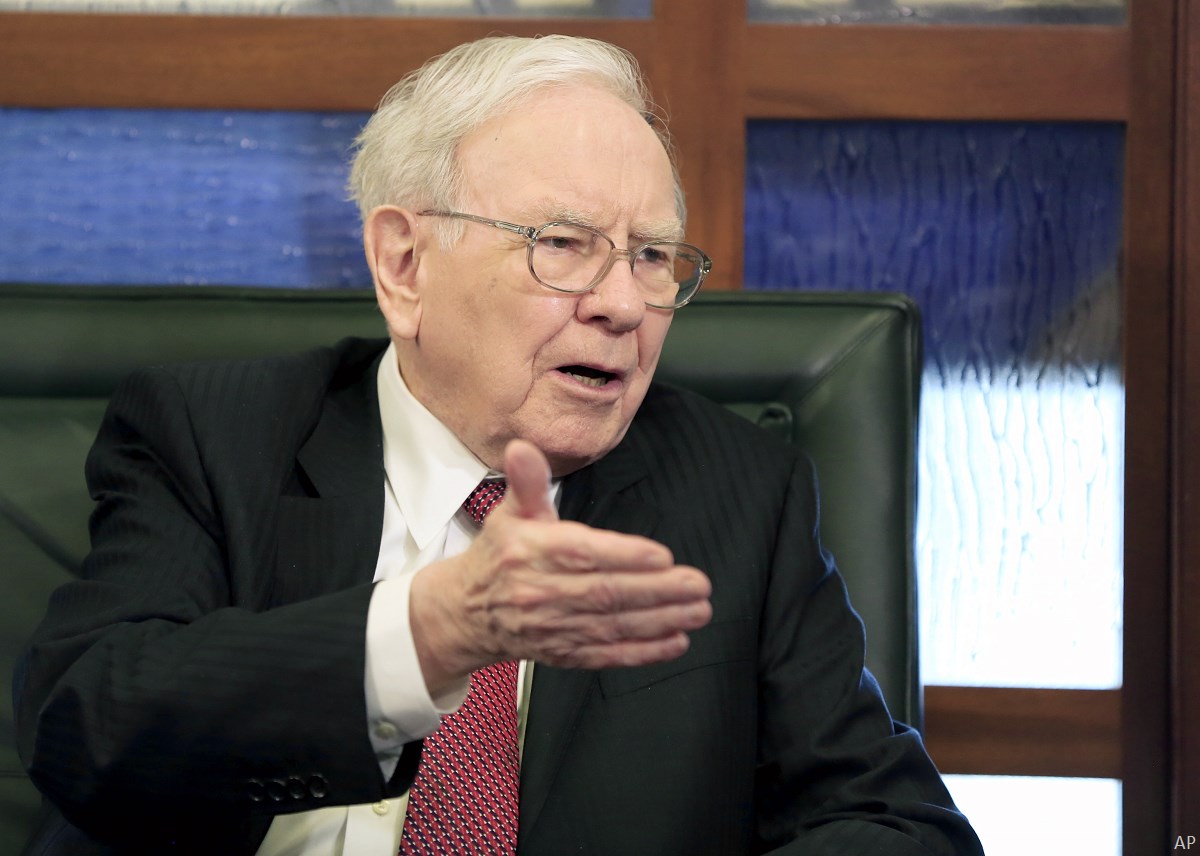
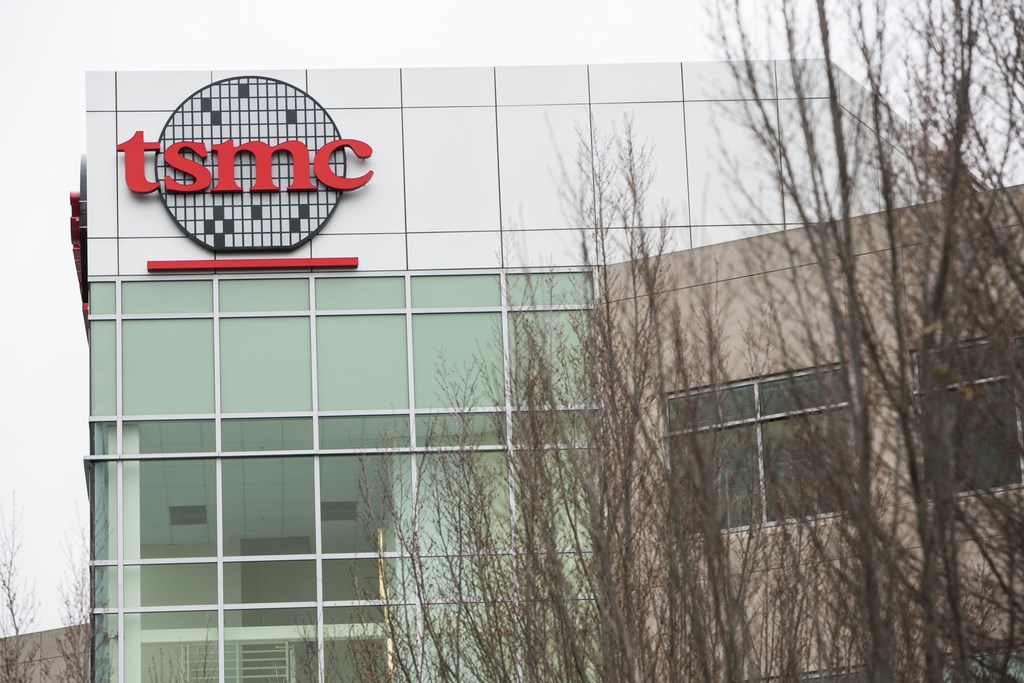


.png)




.jpg)





